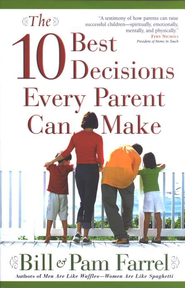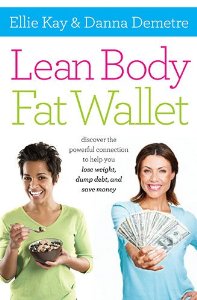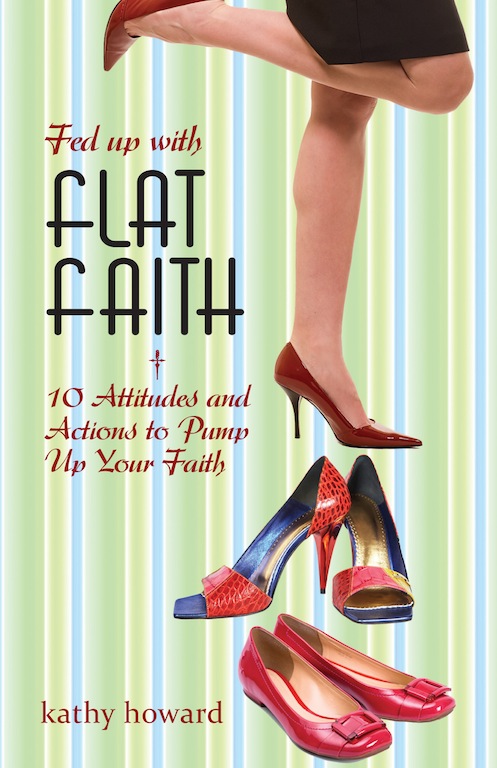Holiday Time: Keeping It Together
Like most of us, Diane Dean is a busy woman, and she understands how the holiday season adds extra stress. But she offers helpful tips for “keeping it together” as we move toward these celebrations.
“You can be organized for the holidays,” Diane says. “No kidding!”
Organized? What if a woman doesn’t feel all that organized? What if organization is foreign to her skills and gifting? Is there hope for her?
Diane continues …
Trying to get rid of never ending list of tasks? Christmas time can be fun and exciting, especially if there  are children or grandchildren in your life. However, it can also be a stressful time dealing with family issues, finding time to decorate, the added expense of gifts, and a busy schedule.
are children or grandchildren in your life. However, it can also be a stressful time dealing with family issues, finding time to decorate, the added expense of gifts, and a busy schedule.
Let me share a number of things that help me stay organized and keep my sanity.
1. Start your day with Scripture. It gives a positive mind set and peace knowing that things in this life are temporal.
2. Pray and ask the Lord to guide your day because it is bound to change.
3. Look at the needs of others and how you can add joy to someone's life. It takes the focus on any issues you may be facing. Things can always be worse. The more you look at the lives of others, the more you will appreciate the life you have.
4. The night before you go to bed, make a list for tomorrow’s tasks. Categorize it into:
Have to do. (List things in order of importance and, if driving, map your route so you don't back track.)
Good to do, if possible.
Can wait for another time.
A little tip: It has been proven if your bed is made and bedroom is picked up before you start your day, you will feel more organized.
5. Plan your menu for the week. Make a shopping list to make sure you have the ingredients you need so you don't have to run to the store at the last minute.
6. Make a list of extra groceries you need for a party or holiday dinner. When you grocery shop, add a few extras each time instead of buying everything at once. It keeps from having a large grocery bill in one trip. It seems more manageable. Using coupons makes it even better.
7. Cook some ground beef and poultry and freeze it. That gives a jump start on casseroles.
8. Double a recipe and freeze half. It will give you a meal for a busy day.
9. Set your table when you empty the dishwasher. It looks nice and saves a step at dinner.
10. Start a load of wash at bed time. You can throw it in the dryer while you get dressed in the morning. Fold it when the dryer stops and you will feel like you already accomplished something.
11. While on the phone, dust, clean a drawer, or do some mending. I like to iron when I have phone calls to catch up on. I use my cell phone and a blue tooth so I am hands-free. It is amazing how quickly my ironing seems to get done!
12. When you bring your Christmas gifts home, wrap them right away. Keep gift wrap handy in an under the bed container and you can pull it out and wrap your gifts on the bed. (The kids aren't as likely to snoop if the gifts are wrapped!)
13. Find time for your family. Plan it into your day. If you are alone, call someone you love to see how they are.
These are just a few ideas that will hopefully make your holidays less stressful.
Are you ready? Which of these "keeping it together" tips are you already implementing? Is there something new you can try to UPGRADE the Holiday season?
 Diane Dean is a ministry wife, mother, grandmother, Bible teacher, seminar and retreat speaker, and designer for Diane Dean Interiors, LLC. Her blog, Diane's Traditions, is a potpourri of information from her personal experience and she welcomes questions.
Diane Dean is a ministry wife, mother, grandmother, Bible teacher, seminar and retreat speaker, and designer for Diane Dean Interiors, LLC. Her blog, Diane's Traditions, is a potpourri of information from her personal experience and she welcomes questions.
 Post a Comment → Posted on
Post a Comment → Posted on  Tuesday, November 19, 2013 at 7:00AM
Tuesday, November 19, 2013 at 7:00AM  Christmas Ideas,
Christmas Ideas,  Diane Dean,
Diane Dean,  Holiday Stress,
Holiday Stress,  Organization,
Organization,  Organizing for the Holidays,
Organizing for the Holidays,  Stress,
Stress,  Upgrade with Dawn Upgrade Your Life
Upgrade with Dawn Upgrade Your Life  Organization
Organization 














